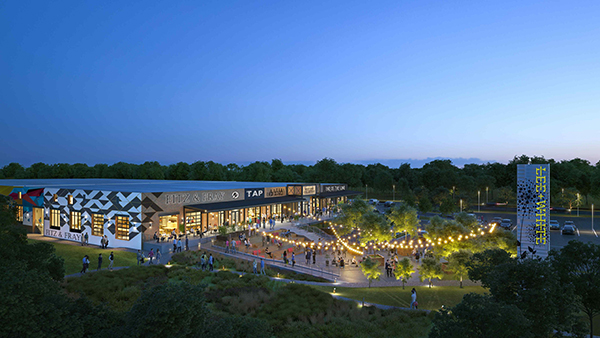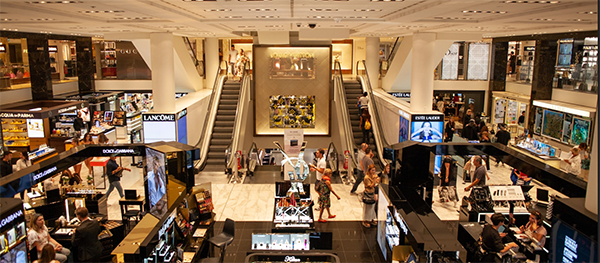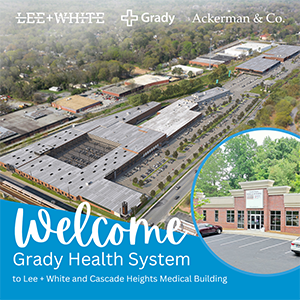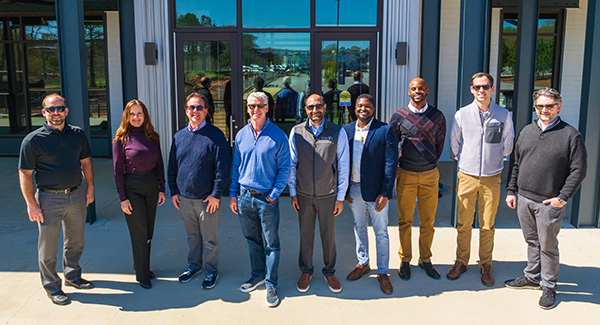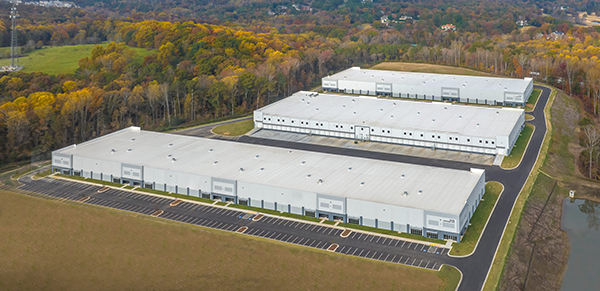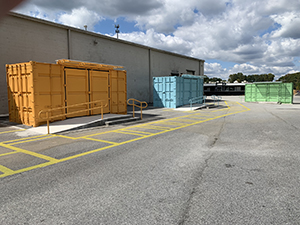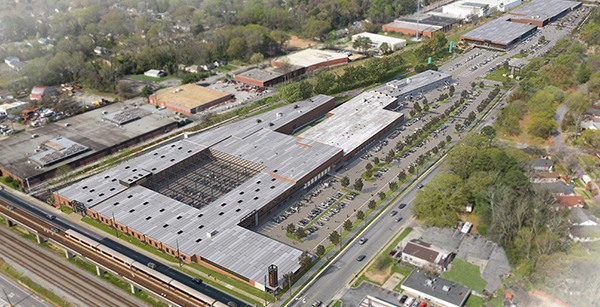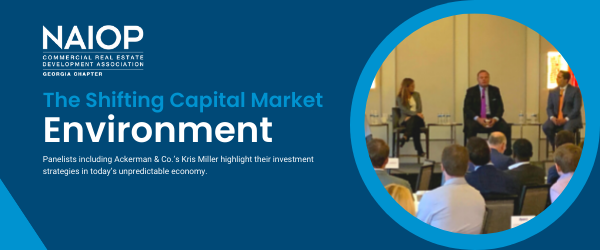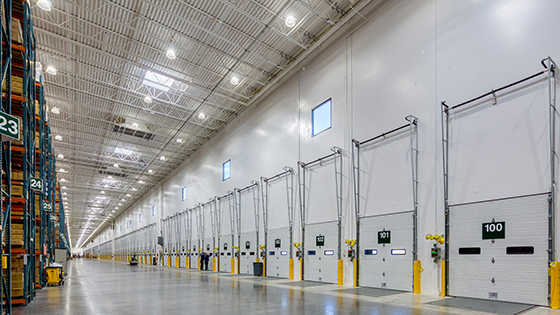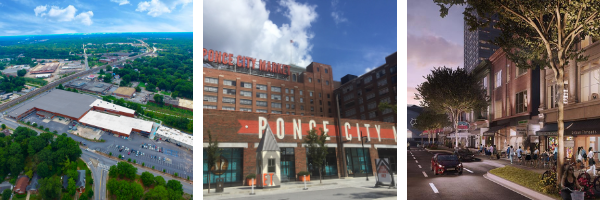These are challenging times for the office sector.
Vacancy rates have surged as the hybrid home/office work model and job cutbacks in high-tech and other sectors are leading companies to reduce their office footprints. The vacancy rate in metro Atlanta has risen to 15 percent, the highest level since the global financial downturn of the late 2000s.
Tenants increasingly favor newer buildings and also have the option of exploring potential bargains in the growing amount of sublease space in the market. These trends present hurdles for landlords working to fill vacancies in their buildings.
However, in its recent Atlanta office sector report, CoStar points out that one of the bright spots in the market is the stronger leasing demand in areas of 18-hour activity. These areas frequently feature mixed-use developments as their focal point – including The Battery Atlanta at the Atlanta Braves’ Truist Park and at Ponce City Market along the bustling Eastside section of the popular Atlanta BeltLine multi-use trail.
These districts offer an exciting mix of amenities that are attractive to employers seeking to attract talent. Truist Bank is developing a 250,000 SF office tower at the northwest side of Truist Park, a location offering walkable access to the Battery’s array of restaurants, bars and retail offerings. Sage Software has committed to occupying 57,000 SF at a timber loft-office building under development at Ponce City Market, setting a rental rate record of $70 per square foot.
In the West End, a neighborhood just south of Downtown Atlanta, the Lee + White adaptive reuse development has become a hub of the community, attracting visitors to its breweries, retailers and outdoor spaces. One of the project’s biggest draws is its four direct access points to the Westside BeltLine.
These amenities at Lee + White were a significant factor in the decision of two high-tech companies to open headquarters featuring creative offices and production space in the refurbished Building 1050 – cleantech energy company JTEC Energy Inc. and nanotechnology innovator Carbice Inc.
After opening its new facility, located right next to the BeltLine, JTEC Energy CEO Mike McQuary spoke about the benefits of selecting Lee + White for its new home.
“Our offices, including our All-Hands Room, are designed for collaboration and communication. And the team is enjoying exploring our new neighborhood, trying all the restaurants and walking on the Beltline at lunch,” he said.
The 442,562 SF development, a partnership between owners Ackerman & Co. and MDH Partners, is transforming the former “Warehouse Row” in the West End. In addition to the breweries, food manufacturers and retailers that opened in the first phase of the redevelopment, the newest phase is adding a 19-vendor food hall and Class A creative offices in the redesigned 929 Building, which offers more than 100,000 square feet across two floors.
The food hall is now open, and the loft-style offices of the 929 Building, featuring floor-to-ceiling windows overlooking the BeltLine, are nearly completed.
With BeltLine accessibility unmatched by any other development in Atlanta, several newly opened food hall eateries – with more to open very soon – expanding retail offerings, and popular breweries available to tenants and visitors alike after a busy day of work, Lee + White could be viewed as the West End’s version of The Battery or Ponce City Market.
Ponce City Market and The Battery have certainly attracted high-profile office leases. Lee + White has already announced a few of its own and is hoping to complete even larger ones soon now that the 929 Building is available.
